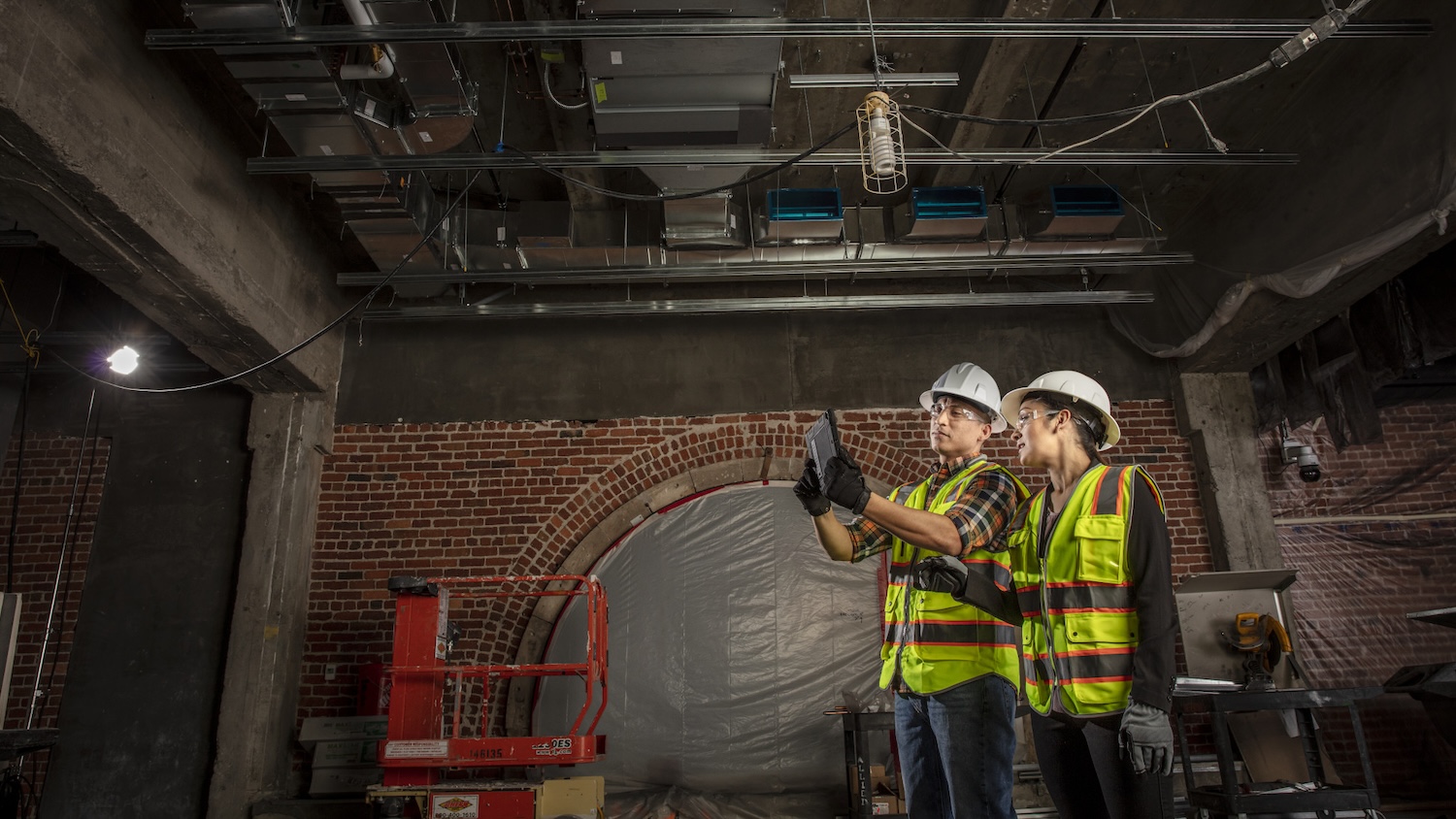
Data’s key role in AI-enabled national infrastructure, according to Aecom
The government should adopt a practical, outcomes-focused approach – built on solid data foundations – to ensure optimised delivery and operation of national infrastructure. That is the recommendation from Aecom.

In its Rebuilding Britain report, Aecom sets out several policy recommendations to “turbocharge the government’s efforts to meet its ambitious infrastructure goals in this Parliament”.
One of the three main pillars put forward by Aecom is embracing AI-first infrastructure delivery to address the sector’s key challenges of slow delivery, cost inflation, limited innovation and attracting the next generation of talent to the sector.
First, Aecom called for AI-enabled planning and optimisation. To do this, industry-specific AI agents and tools should be integrated into the earliest stages of programme development. “This will mean that government and delivery bodies can streamline approvals, reduce delivery risk, and drive early efficiencies that cascade over the full delivery cycle,” Aecom said. “Industry-specific AI agents can solve the highly complex integrated designs with a more optimal outcome, reducing both risk cost and carbon footprint. Doing so will enhance delivery timelines, quality and value for money across large portfolios, resulting in overall asset lifetime savings and creating budget capacity.”
Furthermore, AI can help identify and prioritise risks, create action plans, forecast costs better, identify and manage resource needs more efficiently, and enable technical resources with reliable insights to make smarter decisions.
Aecom’s second AI- and data-related policy recommendation focuses on the role of AI and digital twins for real-time asset management. Aecom said: “Digital twins enable rapid value optimisation across the full lifecycle of an infrastructure project, from planning to design, construction and operations. With AI, the value of digital twins is even greater. Whether integrating real-time data into simulations, creating better operations and maintenance models with predictive analytics, or delivering lower energy consumption, AI and digital twins create new opportunities to operate assets smarter and more cost-effectively.
The National Infrastructure and Service Transformation Authority (NISTA) is the focus of Aecom’s third recommendation: that NISTA should be empowered to collect, manage and curate national infrastructure datasets and strengthen open data policies to allow innovation by SMEs, researchers and industry partners.
“A centralised, secure platform would facilitate the sharing of data, insights and delivery intelligence across programmes, improving collaboration, reducing duplication and enabling more informed policymaking,” Aecom said. “Open infrastructure data and AI agents can supercharge the efficiency of industry and reduce errors, risks and discrepancies due to data siloes and proprietary systems keeping essential data unavailable for alignment with complementary missions.”
In the report, Aecom also sets out recommendations for accelerating project delivery and unlocking private investment to enable smarter delivery.
Keep up to date with DC+: sign up for the midweek newsletter.







